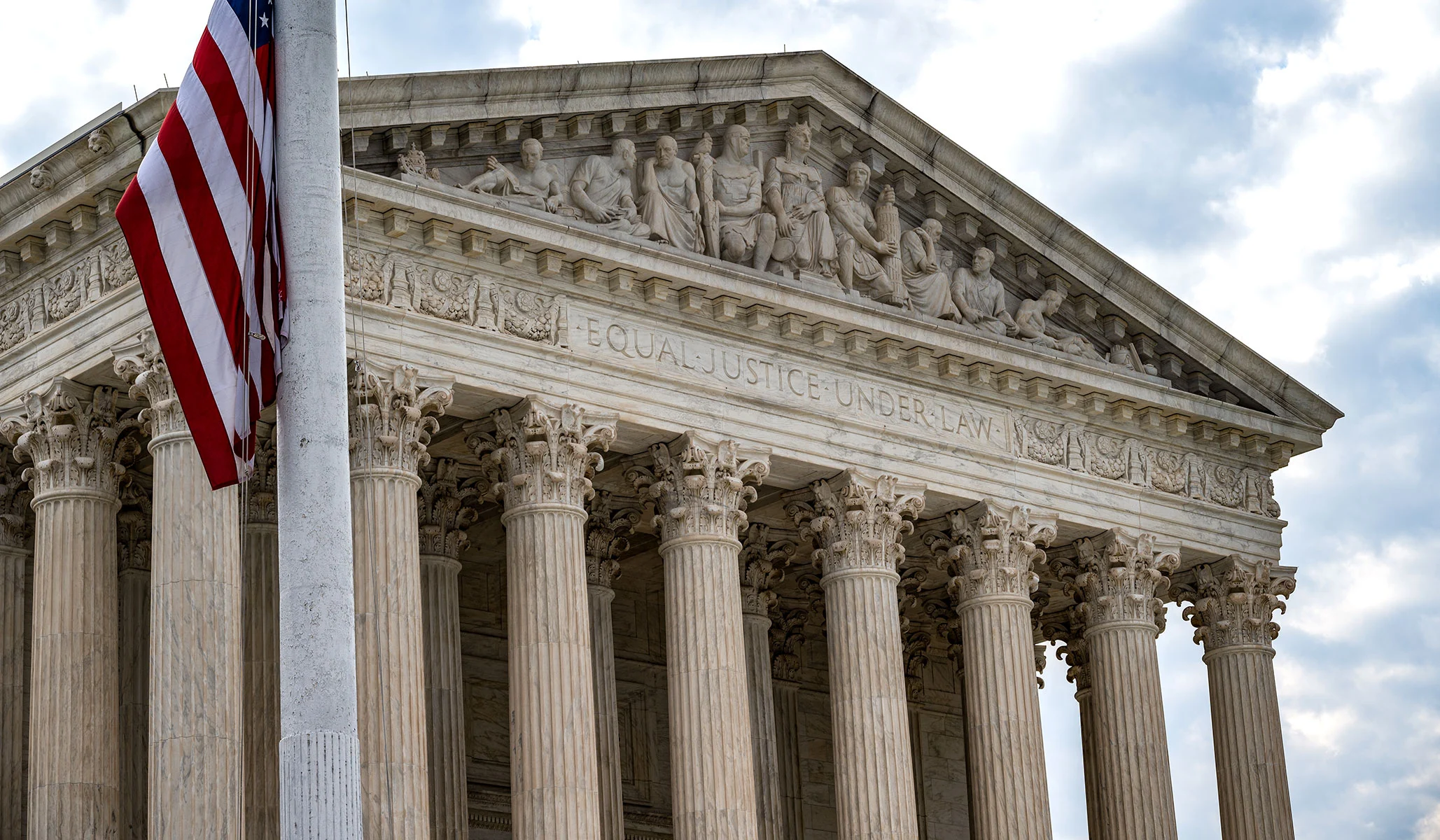The Supreme Court has recently made decisions in cases involving racial discrimination, highlighting the deference given to Congress in such matters. In Allen v. Milligan, the Court required Alabama to create segregated congressional districts for black voters, while in Haaland v. Brackeen, the Court upheld a congressional statute giving preference to Native-American parents in the adoption of Native-American children. Chief Justice John Roberts and Justice Brett Kavanaugh joined the liberal justices in both decisions. Justice Amy Coney Barrett wrote the Haaland decision, which was joined by Justice Neil Gorsuch. Justices Clarence Thomas and Samuel Alito dissented in both cases.
The upcoming challenges to racial preferences in college admissions may shed further light on when the government can openly discriminate based on race. Currently, the Court appears to be more deferential when Congress is involved in race-based discrimination. This may not bode well for colleges, as their actions are being challenged for violating the federal Civil Rights Act and the Constitution.
The Haaland case raises questions not only about race but also about nationalism. While the American creed promotes equality regardless of race, many nations view themselves as communities with a shared history and language. Preserving their cultural and historical identity is seen as crucial for the survival of these nations. The Indian Child Welfare Act (ICWA) reflects the nationalist claim of Native-American tribes to preserve their identity in the face of American individualism. The ICWA establishes a strong presumption that Native-American children should be adopted by members of their own tribe, even if their biological parents object. This clashes with the American creed and raises concerns about equal protection.
The ICWA’s tribalist approach has consequences for both Native Americans and non-Native Americans. In some cases, Native-American children are placed with non-Native adoptive parents against the wishes of their biological parents. The ICWA’s provisions have been challenged as violating the equal protection clause, but the Court avoided ruling on this issue due to procedural reasons. Justice Gorsuch embraced the ICWA’s tribalist ethos, emphasizing the historical abuses suffered by Native-American families. Justices Kavanaugh and Alito expressed concerns about sacrificing the best interests of vulnerable children for the sake of tribal membership. Justice Thomas took a color-blind approach, questioning the broad power given to tribes based on bloodlines.
The Haaland case also touched on the limits of federal power. The Court has a history of broadly interpreting congressional power over Indian affairs, but Justice Barrett stressed that Congress’s authority must derive from the Constitution. However, she found that the challengers did not offer a principled line to abrogate the ICWA. Justices Thomas and Alito questioned the constitutional basis for Congress’s plenary power over Indian affairs. The Court also rejected arguments that the ICWA commandeered state courts, noting that federal law displaces state law in such cases.
In conclusion, the Haaland decision upholds a race-conscious federal policy aimed at preserving the Native-American tribes. The upcoming college admissions cases will provide further insight into the Court’s stance on racial preferences.

